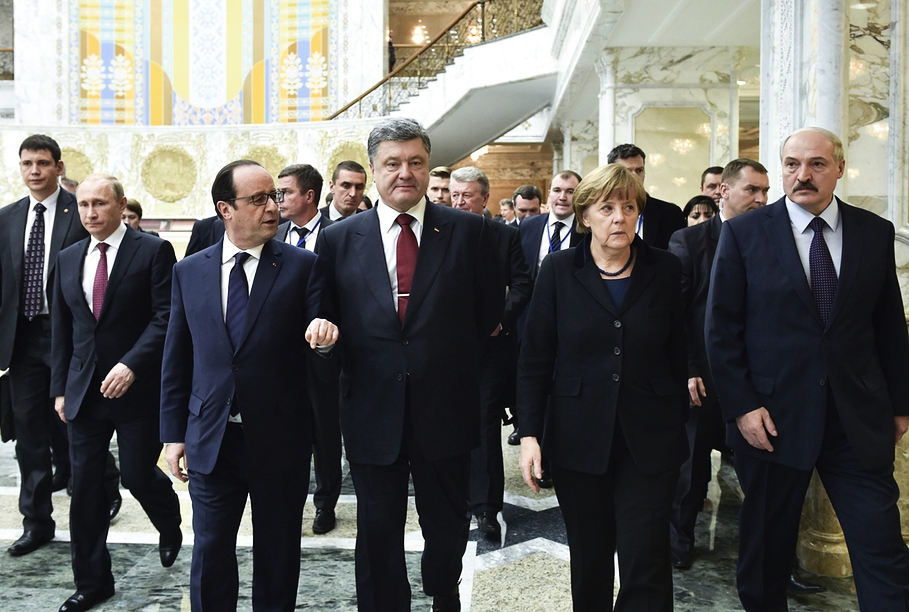A statement issued by the office of President Andris Berzins said he "welcomes the fact that, with the agreement signed in Minsk, the conflict resolution process has been put on the diplomatic track."
"In assessing the agreement, the President emphasizes that real progress towards a permanent solution in Ukraine will require the involvement and good will of all parties."
Foreign Minister Edgars Rinkevics was even more cautious, writing on his Twitter account that the agreement in Minsk gave only "slight hope" of a return to peace.
Minsk agreement gives a slight hope, however, it's most important to achieve real implementation, we need more deeds not more words #Ukraine
— Edgars Rinkēvičs (@edgarsrinkevics) February 12, 2015
A subsequent statement by Rinkevcs said: “Practical implementation of these agreements will be decisive. Latvia urges all parties, including Russia, to begin conscientiously implementing decisions reached in Minsk without delay, so that human casualties and violence are halted, and further destabilization of the situation in the region is prevented.”
Prime Minister Laimdota Straujuma was marginally more hopeful. Speaking in Brussels during talks with European Council President Donald Tusk, she said:
"The war can not go on, Ukraine has finally to experience peace."




























